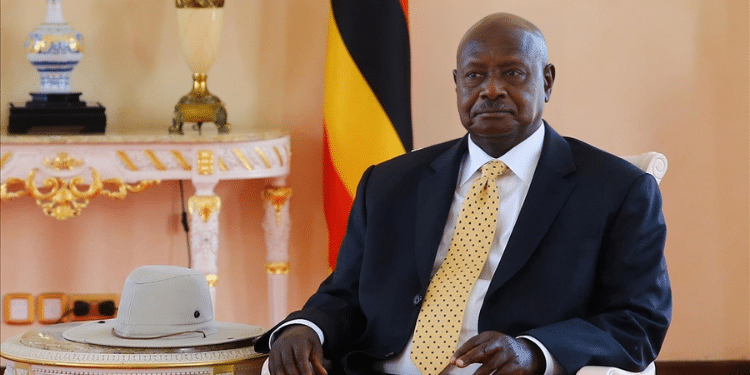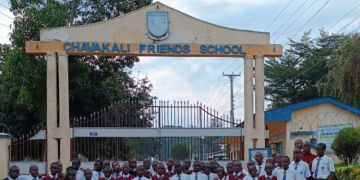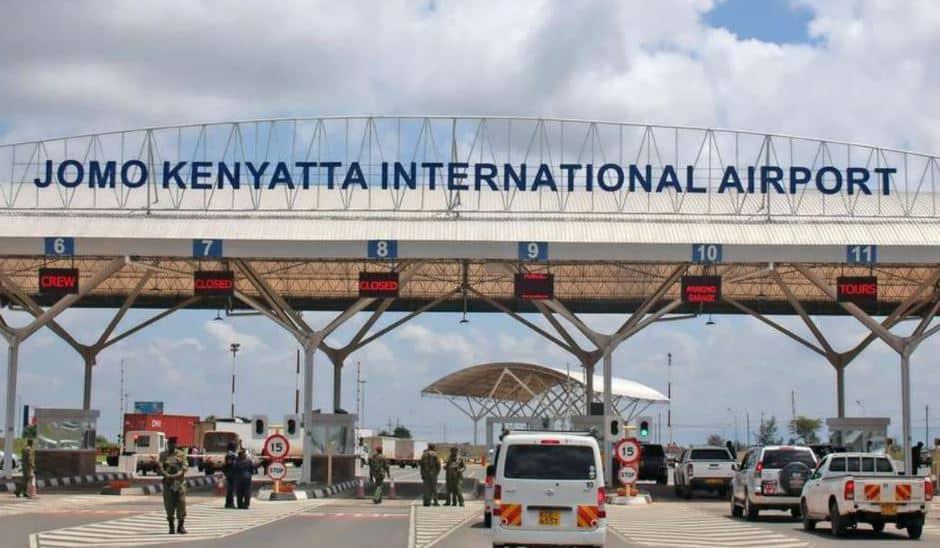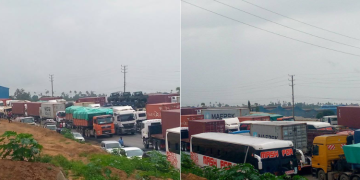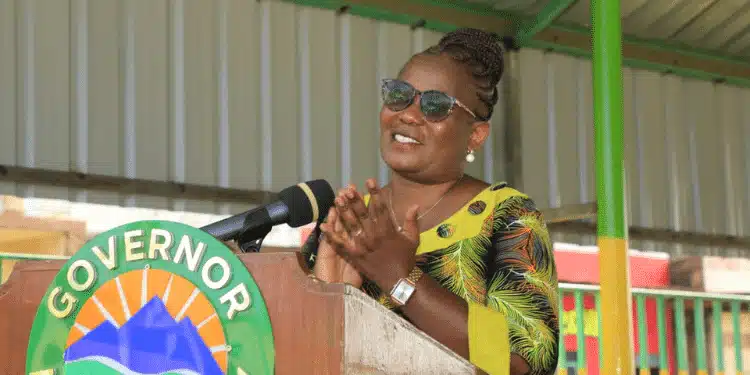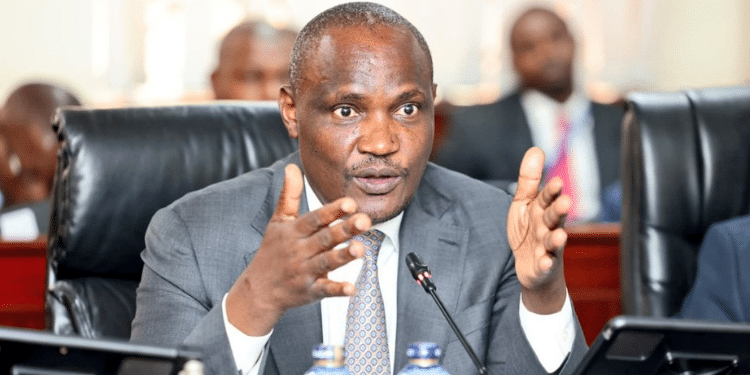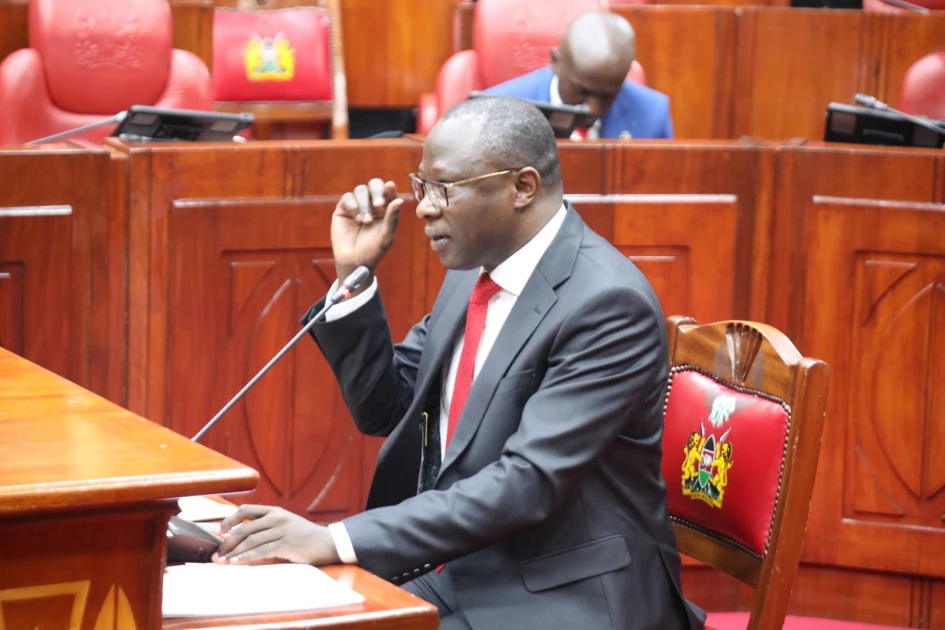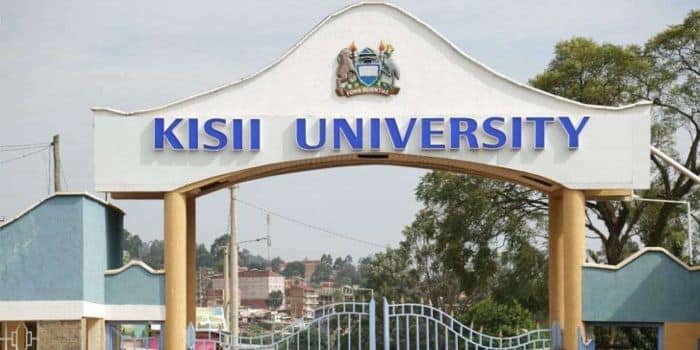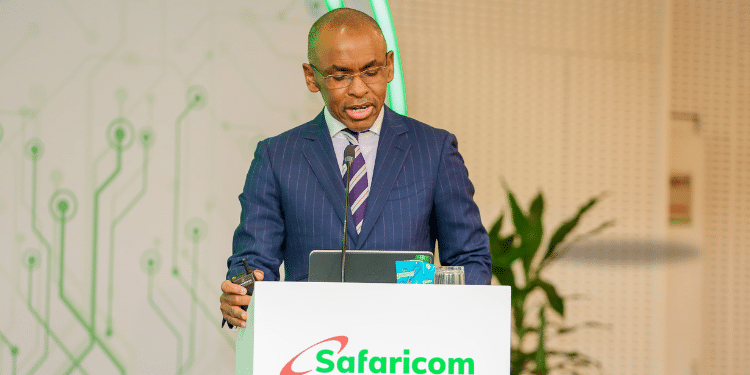Deputy President Rigathi Gachagua, once a stalwart ally of President William Ruto, now finds himself under mounting pressure from multiple political fronts. The man who was pivotal in helping Ruto secure the presidency is now battling controversies, growing dissent within government ranks, and an increasingly disillusioned public. The question on many Kenyans’ minds is: Is Gachagua’s political future in jeopardy?
-
Internal Tensions Within Government
Rigathi Gachagua is no stranger to controversy. His brash political style, blunt public statements, and insistence on representing Mount Kenya’s regional interests have earned him both loyalty and animosity.
However, internal government dynamics appear to be shifting, with reports suggesting that some in President Ruto’s administration are growing frustrated with Gachagua’s combative rhetoric.
While initially seen as an indispensable figure, especially in securing Mount Kenya’s vote during the 2022 elections, Gachagua’s singular focus on his home region has sparked accusations of neglecting broader national interests.
These tensions within Kenya Kwanza have led to speculation that Gachagua is being increasingly sidelined by key political figures.
Cabinet members and influential members of Parliament, including those within Ruto’s inner circle, are said to be questioning whether Gachagua’s approach is jeopardizing the administration’s ability to govern effectively.

-
Opposition Pressure and Public Discontent
The opposition, Azimio la Umoja One Kenya coalition, has capitalized on Gachagua’s missteps, branding him as a divisive leader. This has helped to rally public sentiment against him.
His often-controversial remarks have played into the hands of his critics, giving them ammunition to label him as a polarizing figure more focused on regional politics than national unity.
Moreover, the growing economic challenges—high inflation, rising unemployment, and a worsening cost of living—have sparked frustration among Kenyans, some of whom are now questioning the leadership of both President Ruto and Deputy President Gachagua.
The perception that Gachagua is out of touch with the struggles of ordinary citizens has only added to the siege-like atmosphere surrounding his office.
In particular, Gachagua’s statements dismissing certain economic grievances from other regions and his obsession with political shares have ignited public outrage, with some viewing him as dismissive of the common Kenyan’s plight.
This growing discontent is a fertile ground for the opposition to rally public support for anti-government demonstrations, further complicating Gachagua’s position.
-
Broad Based government arrangement a threat
For Deputy President Rigathi Gachagua, a broad-based arrangement between President Ruto and Raila Odinga poses a threat to his influence within the government.
A broad-based power-sharing deal might see key leadership positions given to opposition figures, which could dilute his influence in government decision-making.
If the arrangement leads to a power-sharing government or political reforms, Gachagua’s traditional role as Ruto’s primary confidante could diminish.
New power brokers could emerge from the negotiations, reducing his ability to influence key appointments and government policy.

-
Strained Relations with Key Allies
A critical challenge for Gachagua lies in maintaining his political alliances. His close relationship with President William Ruto was pivotal in securing his position, but recent reports suggest that the two may not be as aligned as they once were.
Rumors of tension between the president and his deputy have raised questions about Gachagua’s long-term prospects in government.
Ruto’s presidency is still in its early stages, and if internal wrangling within Kenya Kwanza leads to a falling out, Gachagua could be left politically isolated.
The lack of a broad base of support outside Mount Kenya further complicates his situation, as any erosion of his standing with Ruto could make him vulnerable to political attacks from multiple sides.
Furthermore, there are whispers that key figures in the political establishment, including governors and influential legislators from Mount Kenya, have grown wary of Gachagua’s leadership style.
This perceived isolation could lead to a political coup within the region, further diminishing his power base.
-
Ethnic and Regional Politics
While Gachagua’s stronghold remains the populous Mount Kenya region, his overt focus on the interests of his regional bloc has created friction with leaders from other parts of the country.
This regionalism has fueled accusations that Gachagua is fueling ethnic tensions and failing to represent the broader national interests that a Deputy President should.
With the 2027 elections in the not-so-distant future, rival political forces are keen to weaken his position in order to gain ground in the Mount Kenya region.
This regional politicking places Gachagua in a precarious position: if he loses the trust of his Mount Kenya base, his political future could be effectively over.
However, if he continues to prioritize his region over national interests, he risks alienating key allies across the country, further intensifying calls for his removal.

-
The Economic Factor
Kenya’s economic woes remain one of the greatest threats to Gachagua’s political standing. As the Deputy President, he is seen as an integral part of the administration responsible for addressing the nation’s economic challenges.
Yet, despite promises of recovery, Kenya’s economy continues to struggle, with many households feeling the pressure of rising costs and stagnating wages.
If the Ruto-Gachagua administration fails to make significant economic improvements, public dissatisfaction could mount, turning even Gachagua’s most ardent supporters against him.
The combination of economic discontent and perceived failure to address the needs of ordinary citizens could lead to mass protests, adding fuel to the fire that is already burning around the Deputy President.
A Deputy Under Siege
Rigathi Gachagua’s position as Kenya’s Deputy President is under siege from multiple fronts. Internal government tensions, opposition attacks, legal battles, regional politics, and public discontent are all converging to create a perfect political storm.
While Gachagua has shown resilience in the past, the current political climate is more volatile than ever.
His ability to navigate these treacherous waters will determine not only his political survival but also his legacy as one of Kenya’s most controversial deputy presidents.
If Gachagua fails to address these challenges, the question will not be whether he can retain his office but how long he can hold on.
Follow our WhatsApp Channel for real-time news updates:
https://whatsapp.com/channel/0029VaB3k54HltYFiQ1f2i2C


